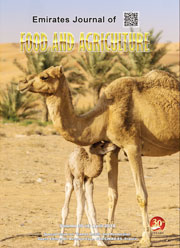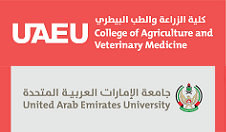YIELD AND NUTRITIONAL QUALITY OF AEROPONICALLY CULTIVATED BASIL AS AFFECTED BY THE AVAILABLE ROOT-ZONE VOLUME
DOI:
https://doi.org/10.9755/ejfa.2015-05-233Keywords:
Aeroponics, Sweet basil, root- zone volume, plant yield, nutritional qualityAbstract
This study investigates the effect of the available root zone volume on yield and quality characteristics of aeroponically cultivated sweet basil (Ocimum basilicum, L.) plants. Growth and photosynthesis are also evaluated. At a fully automated glasshouse aeroponic growing system, plants were cultivated in canals with length 10m, width 0.67m and three different depths: 0.15m, 0.30m and 0.70m respectively. The results showed that plants cultivated in growing canals with the lower depths 0.15m and 0.30m, were most developed and gave increased values in dry biomass production, plants height, root length, leaves per plant, total chlorophyll content, net photosynthesis rate, transpiration rate and stomatal conductance, in comparison with plants cultivated in canals with the maximum depth of 0.70m. In contrast, plants cultivated in 0.70m depth canals showed statistically increased root dry biomass production. No significant differences were determined in the leaf total phenolics content. Essential oil content was determined at 0.83%, 0.79% and 0.80% (v/w) for the three growing canals (0.15m, 0.30m and 0.70m depth) respectively, characterized by high linalool content ( 63.85 %, 67.02 % and 66.58 % respectively). Our results shown that basil plants grown aeroponically are of superior nutritional quality characteristics.










 .
. 